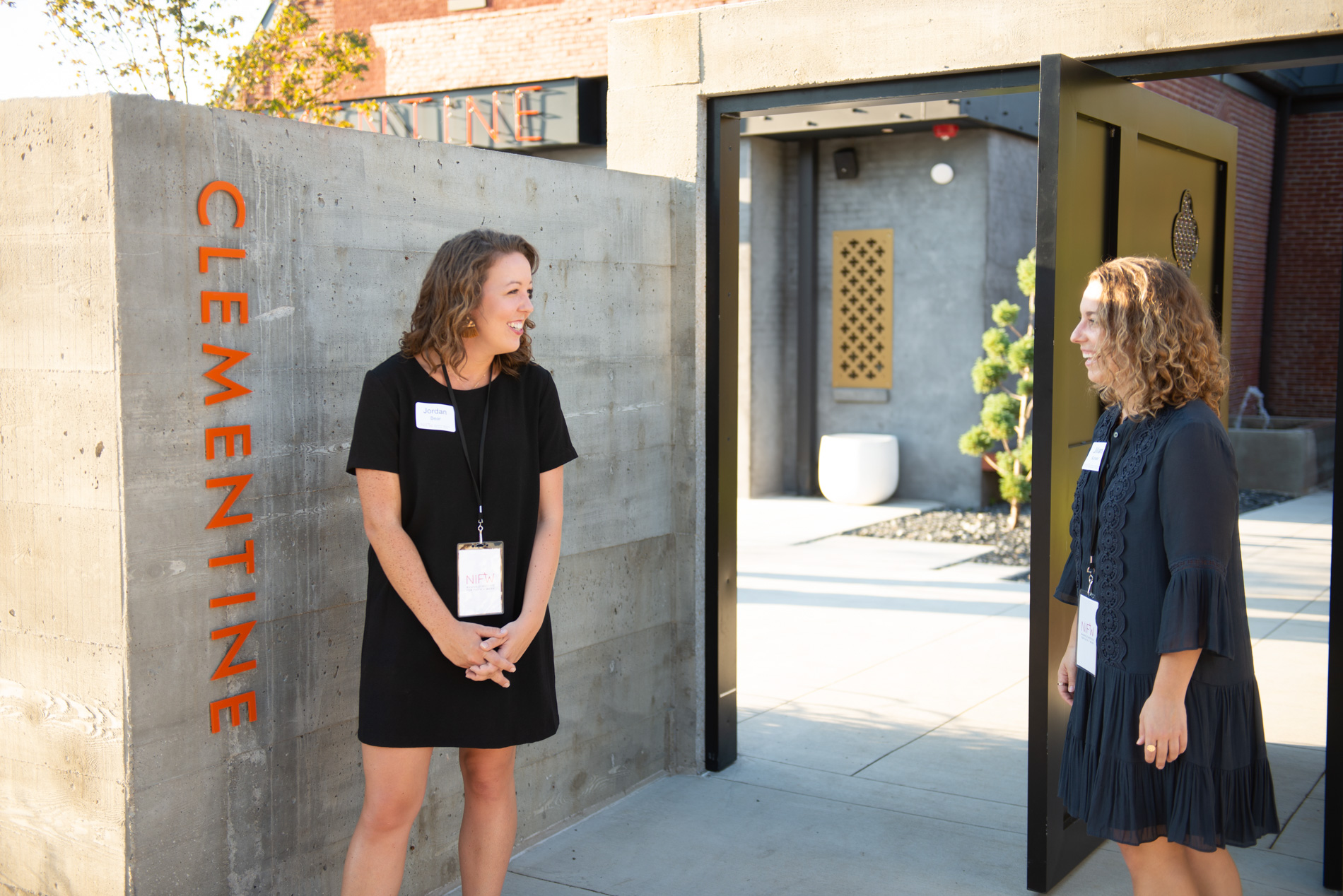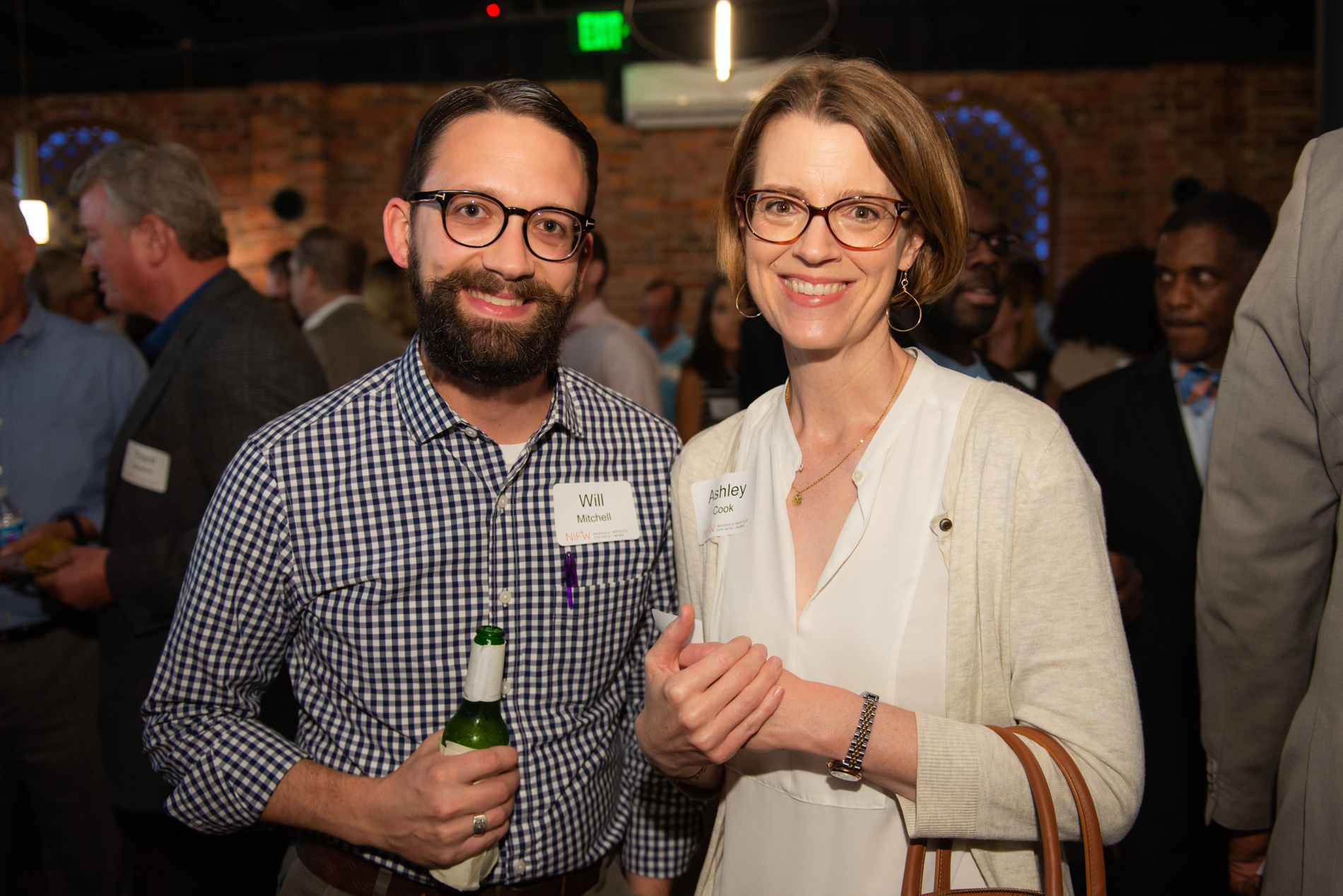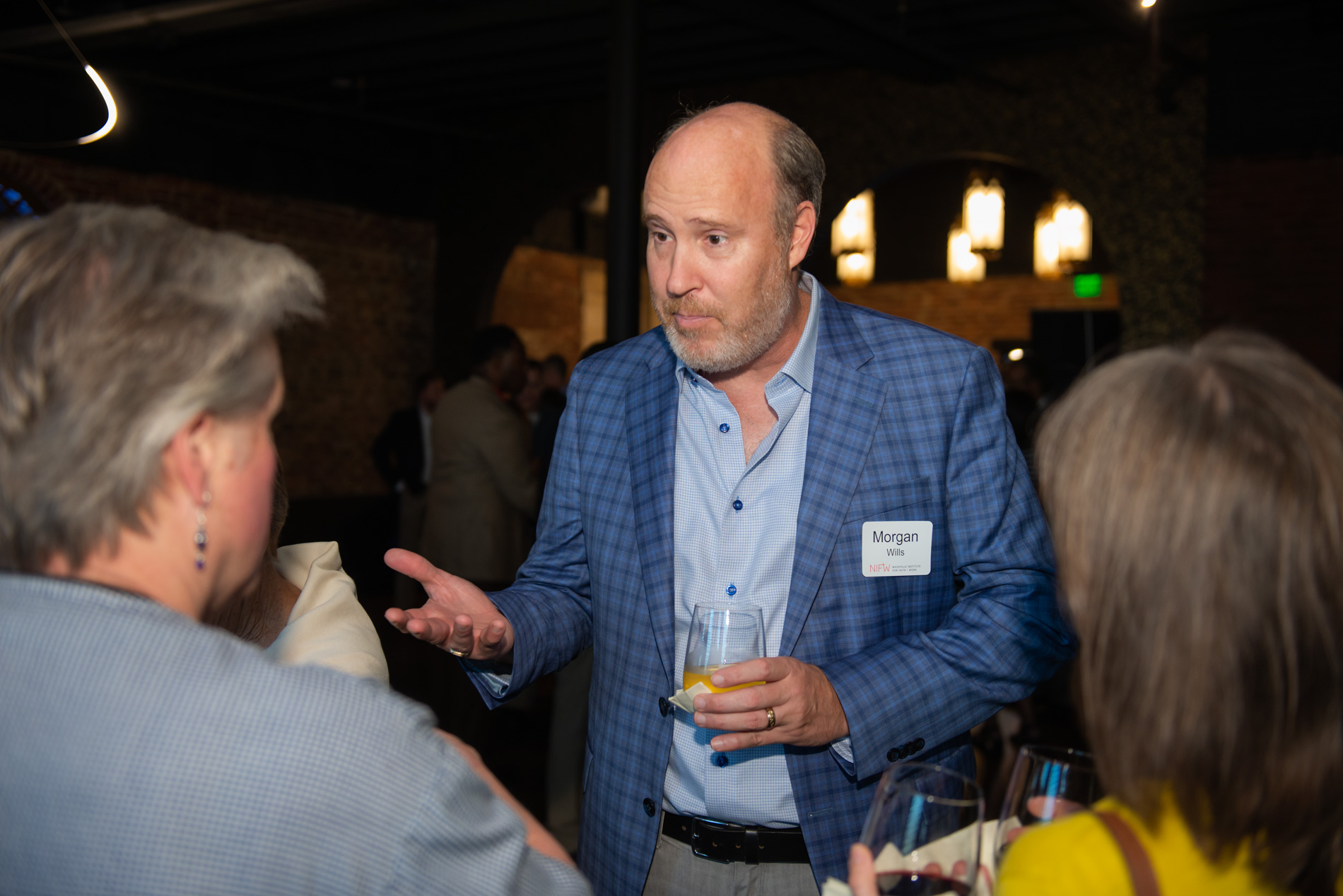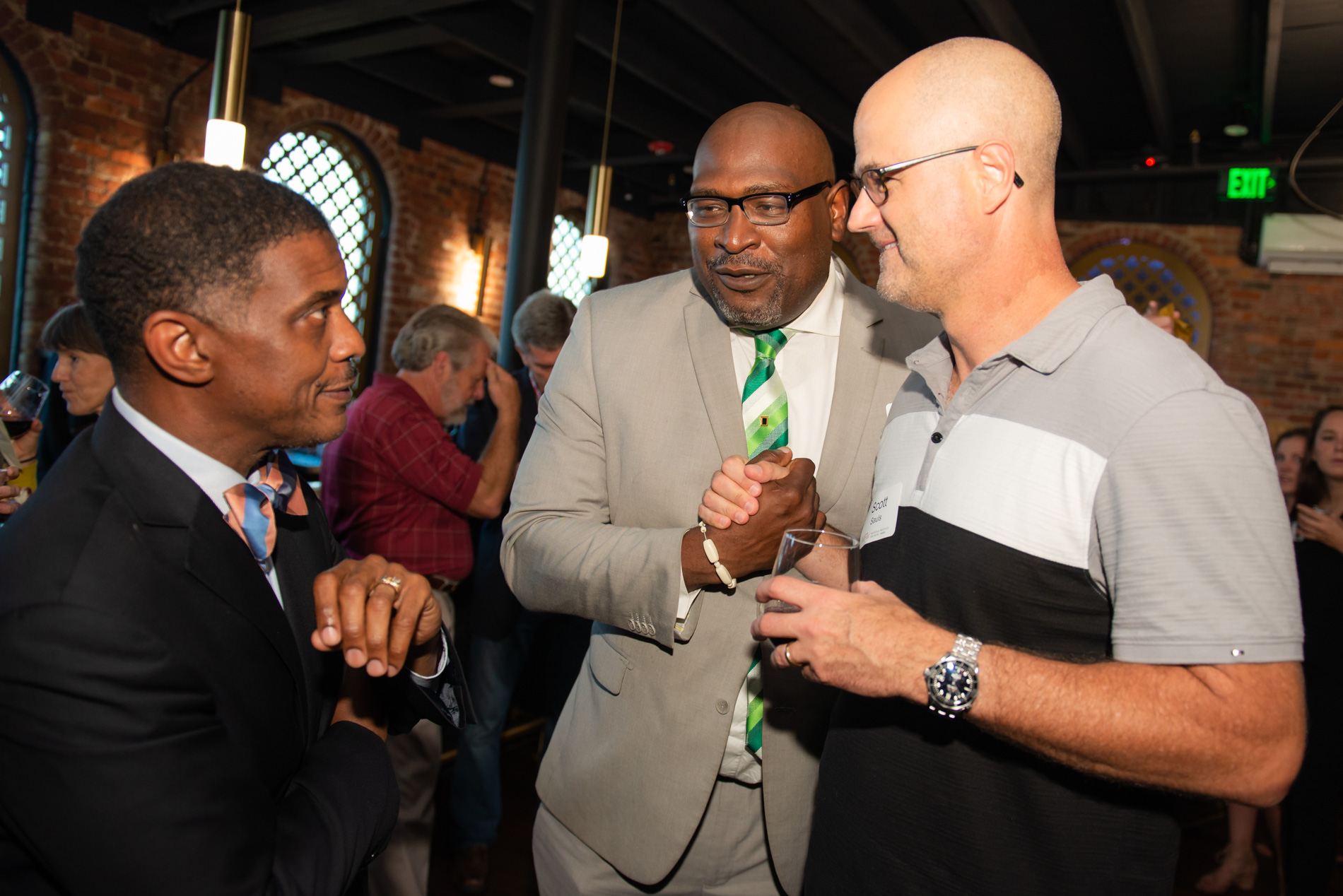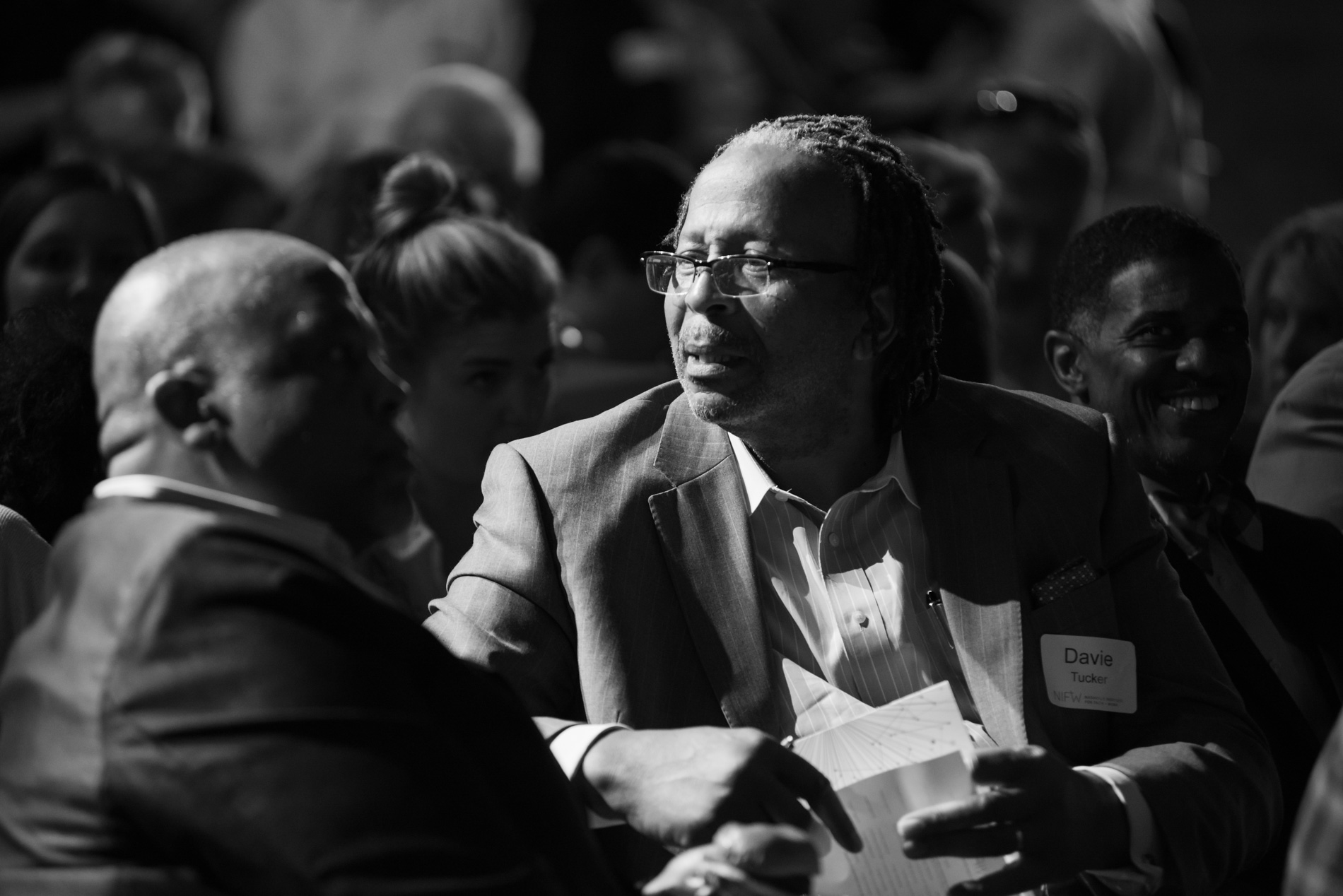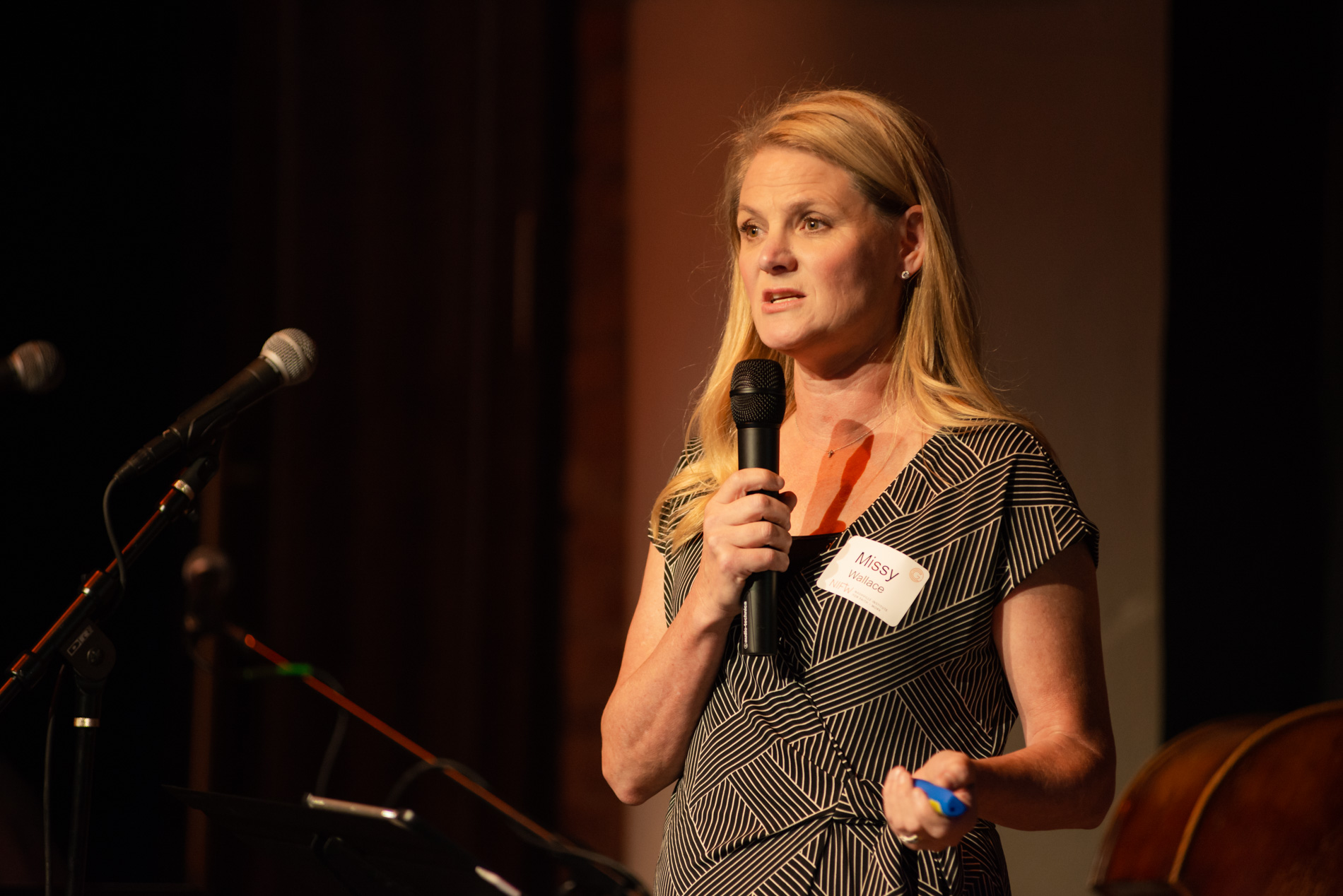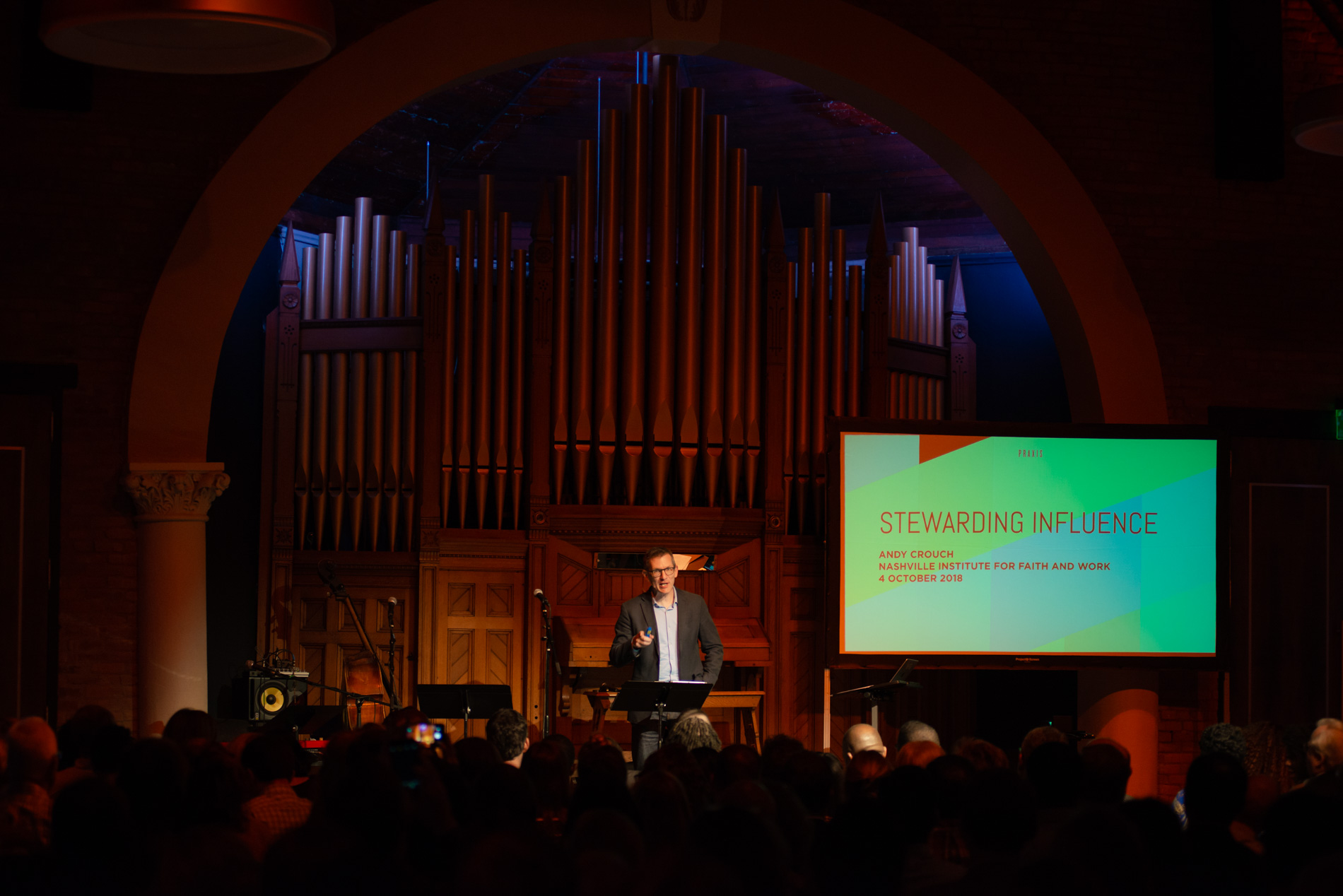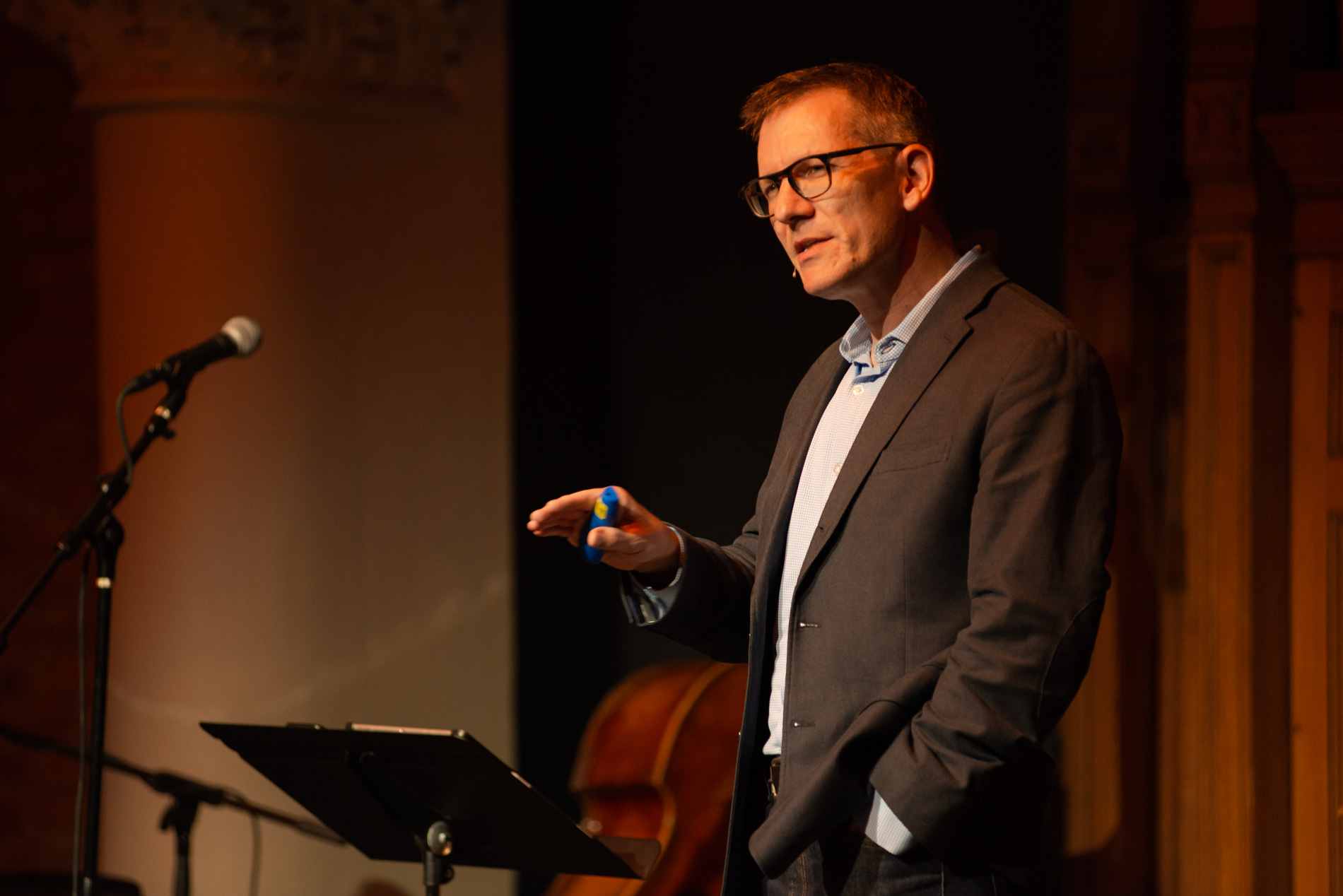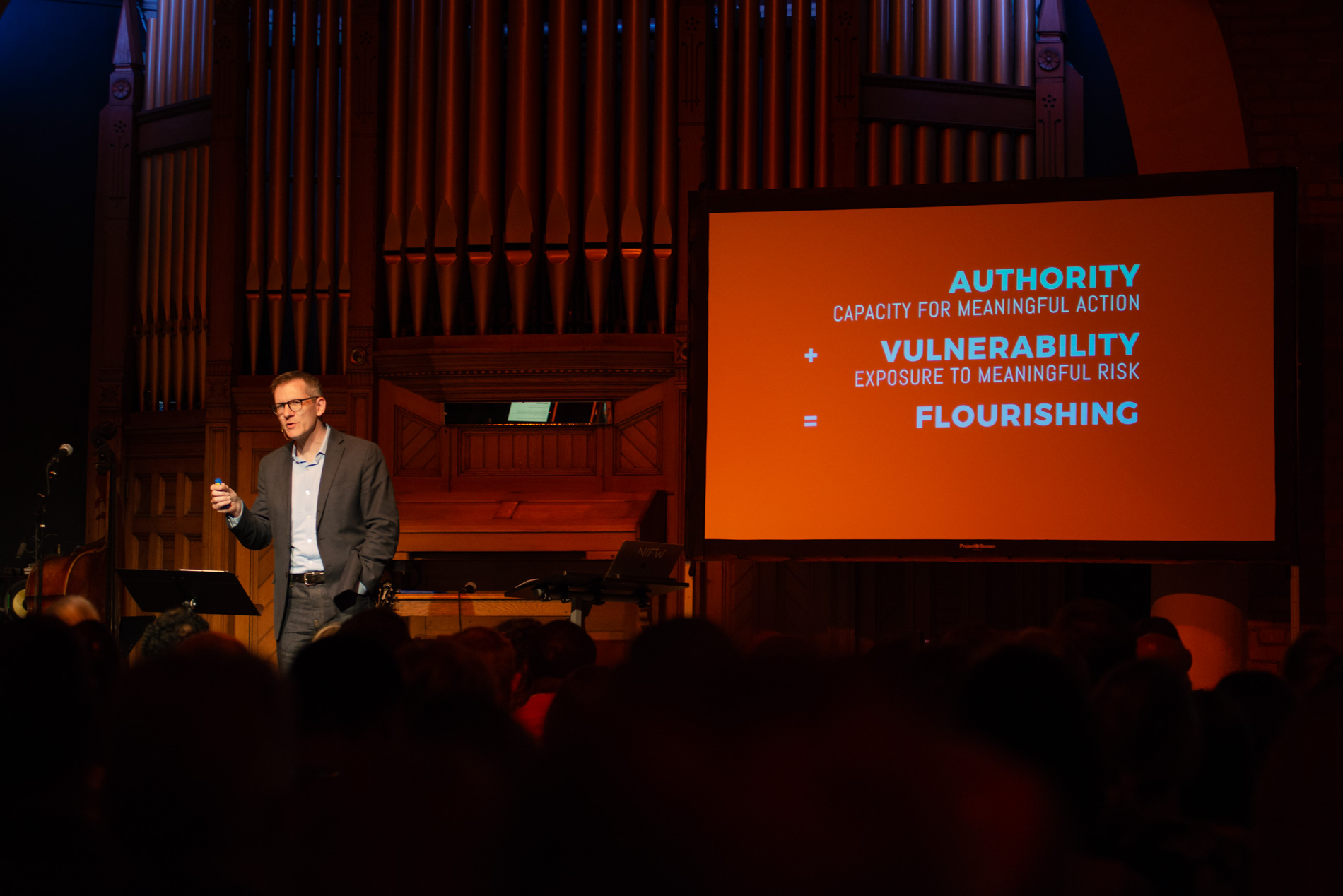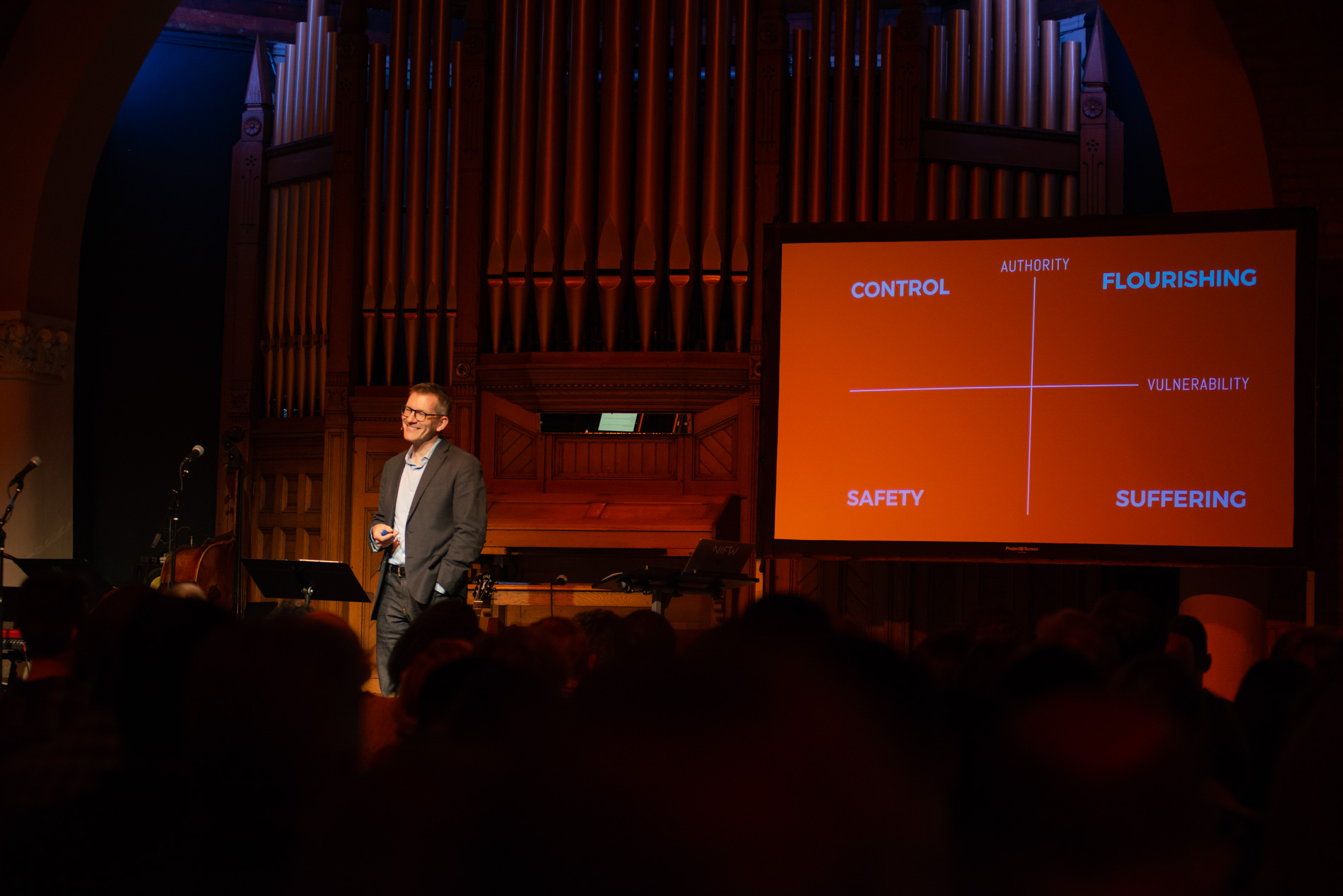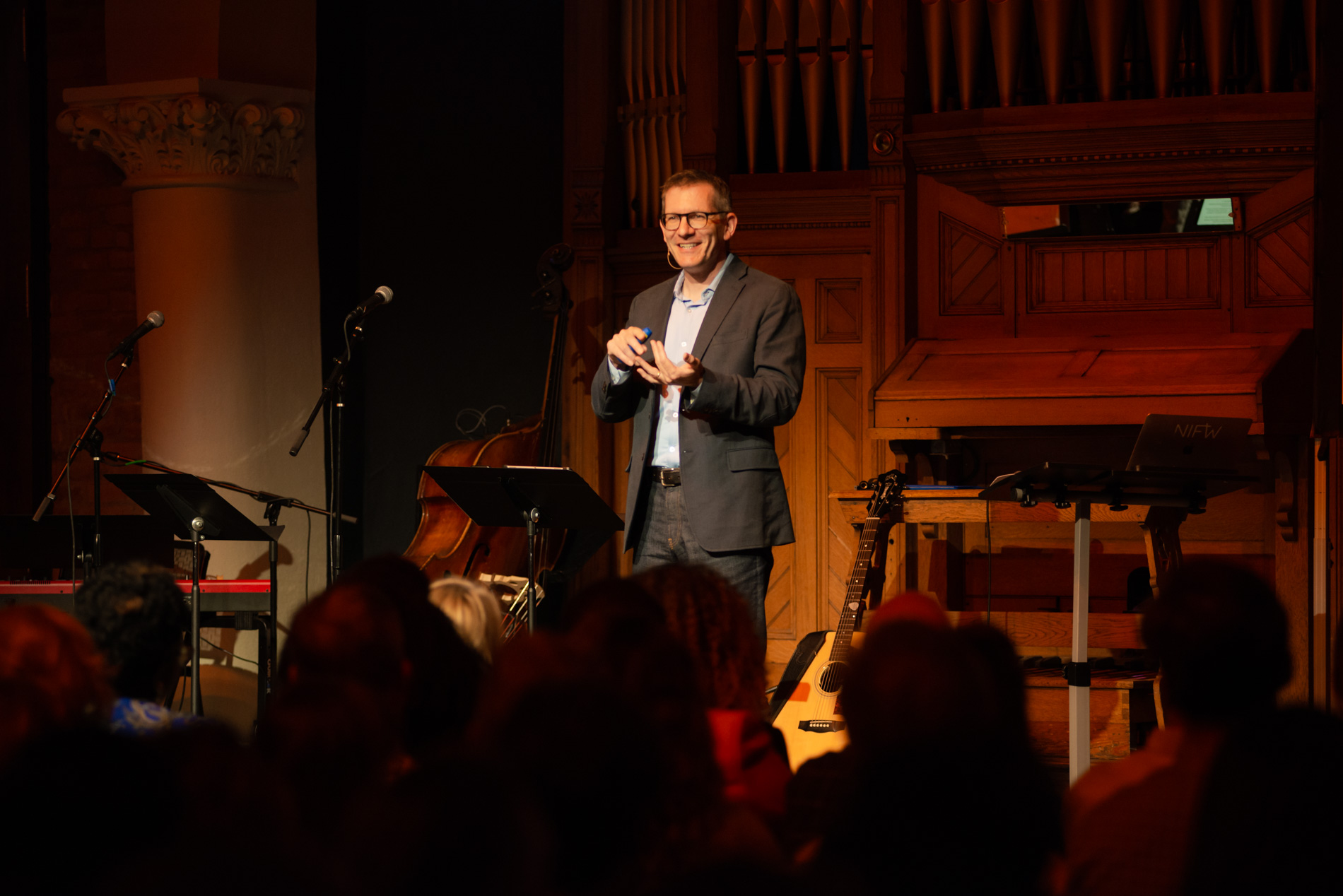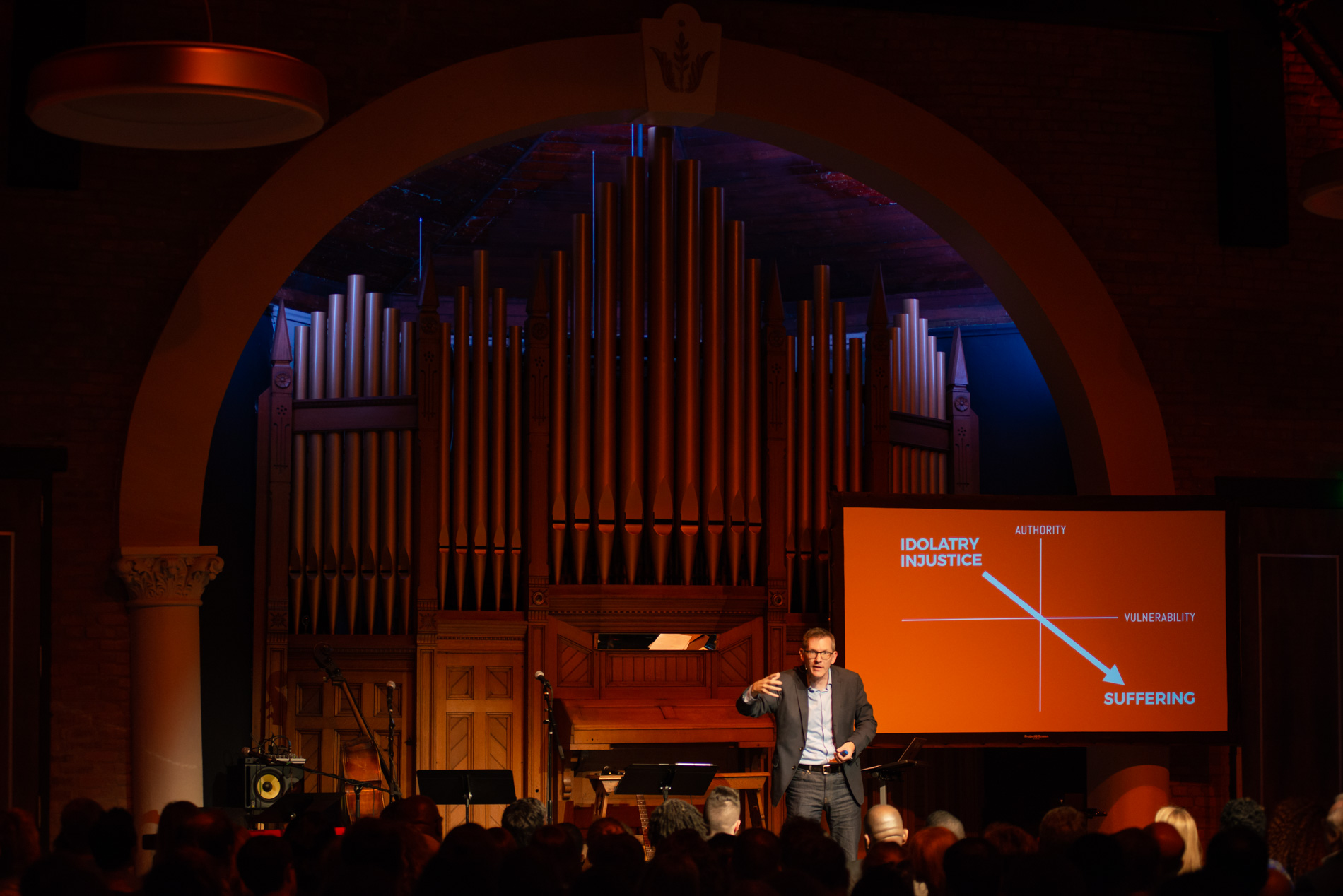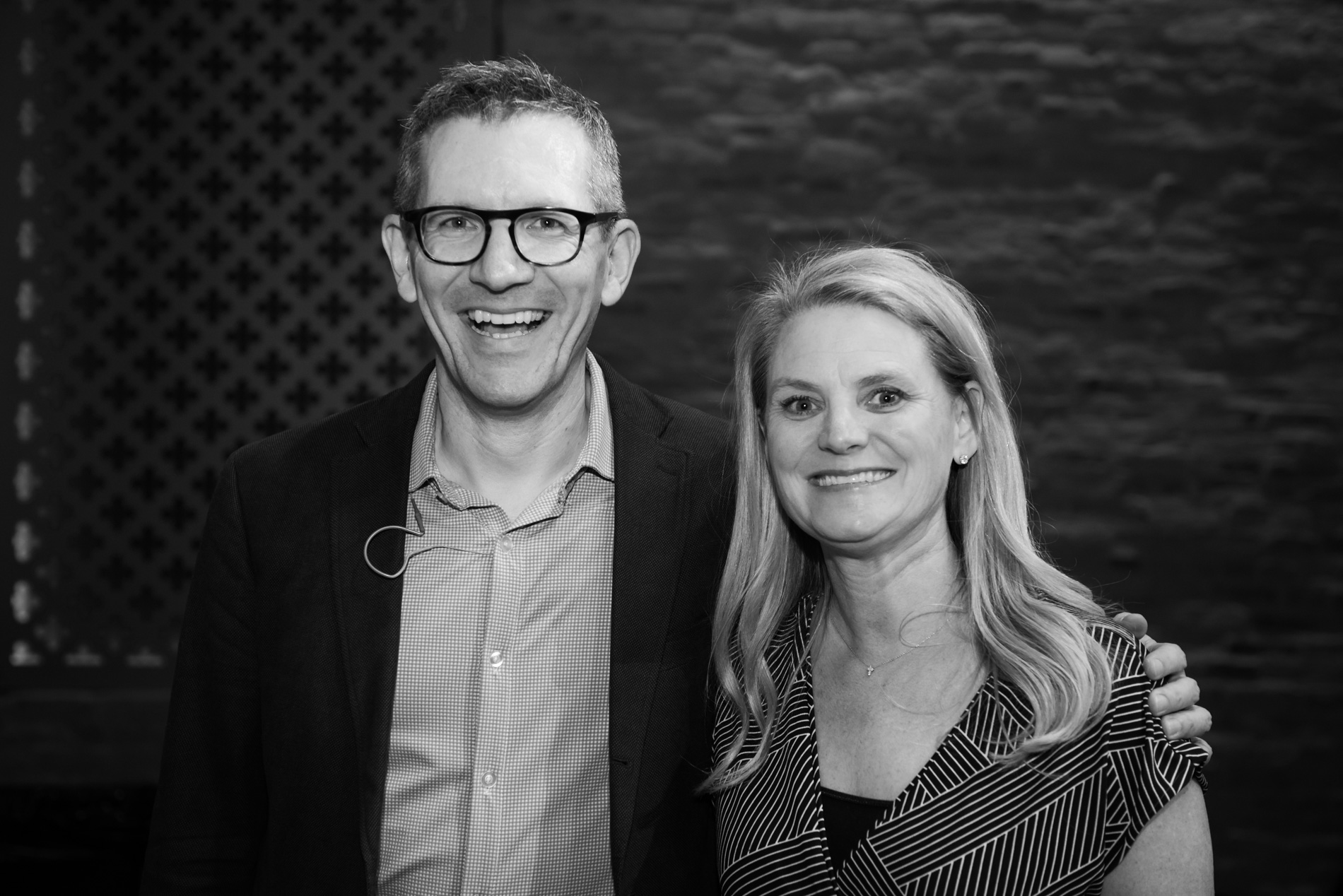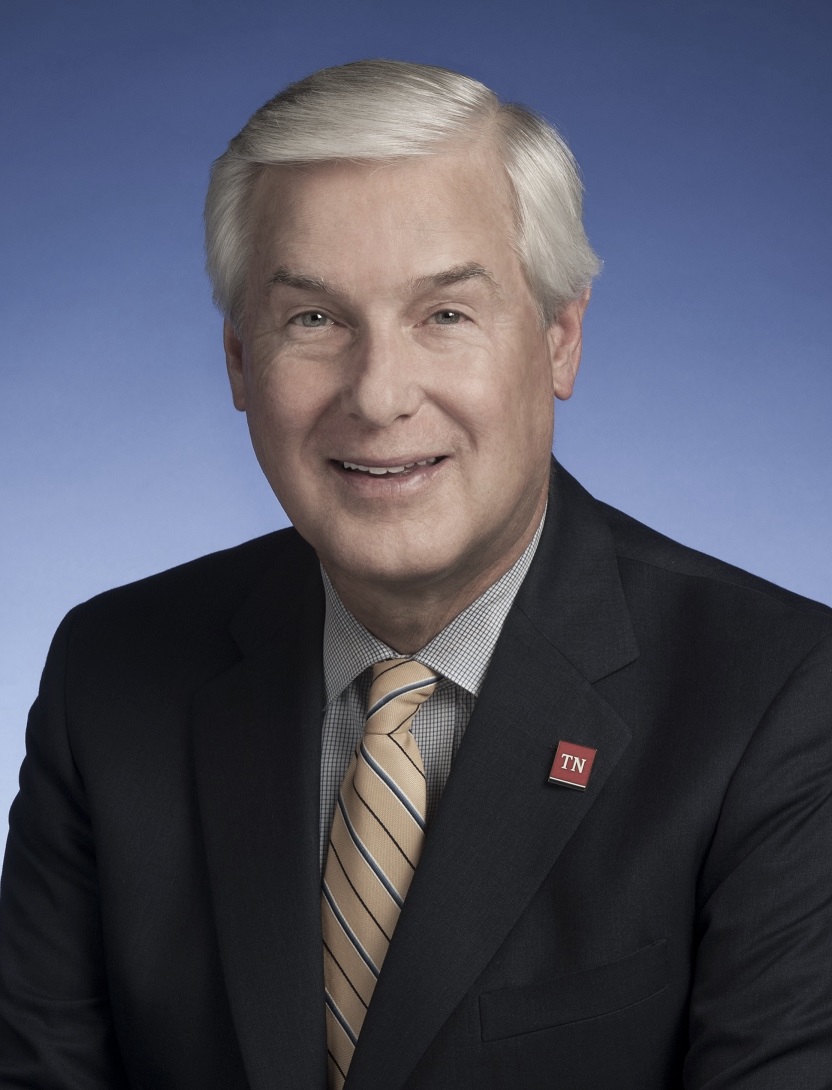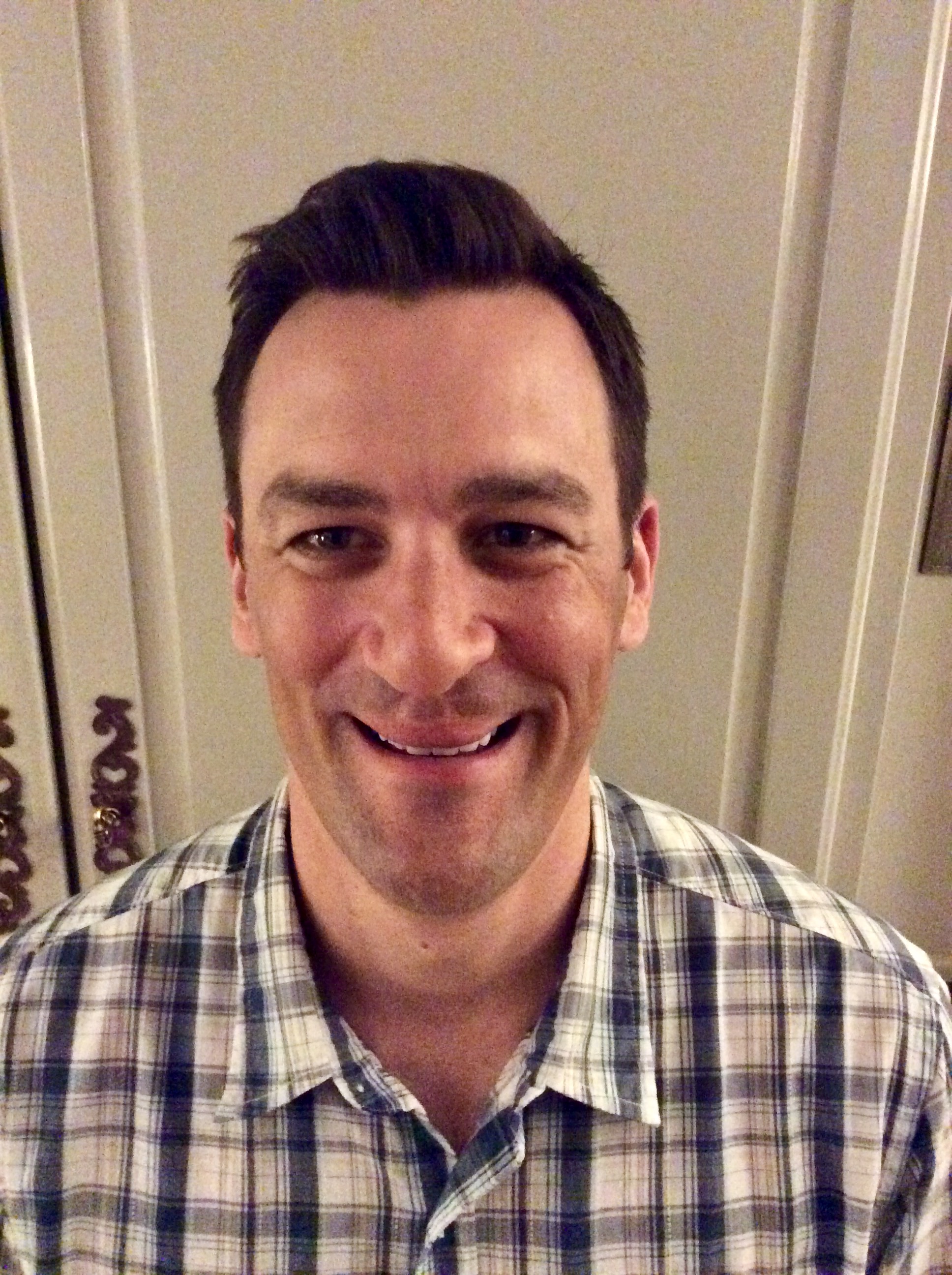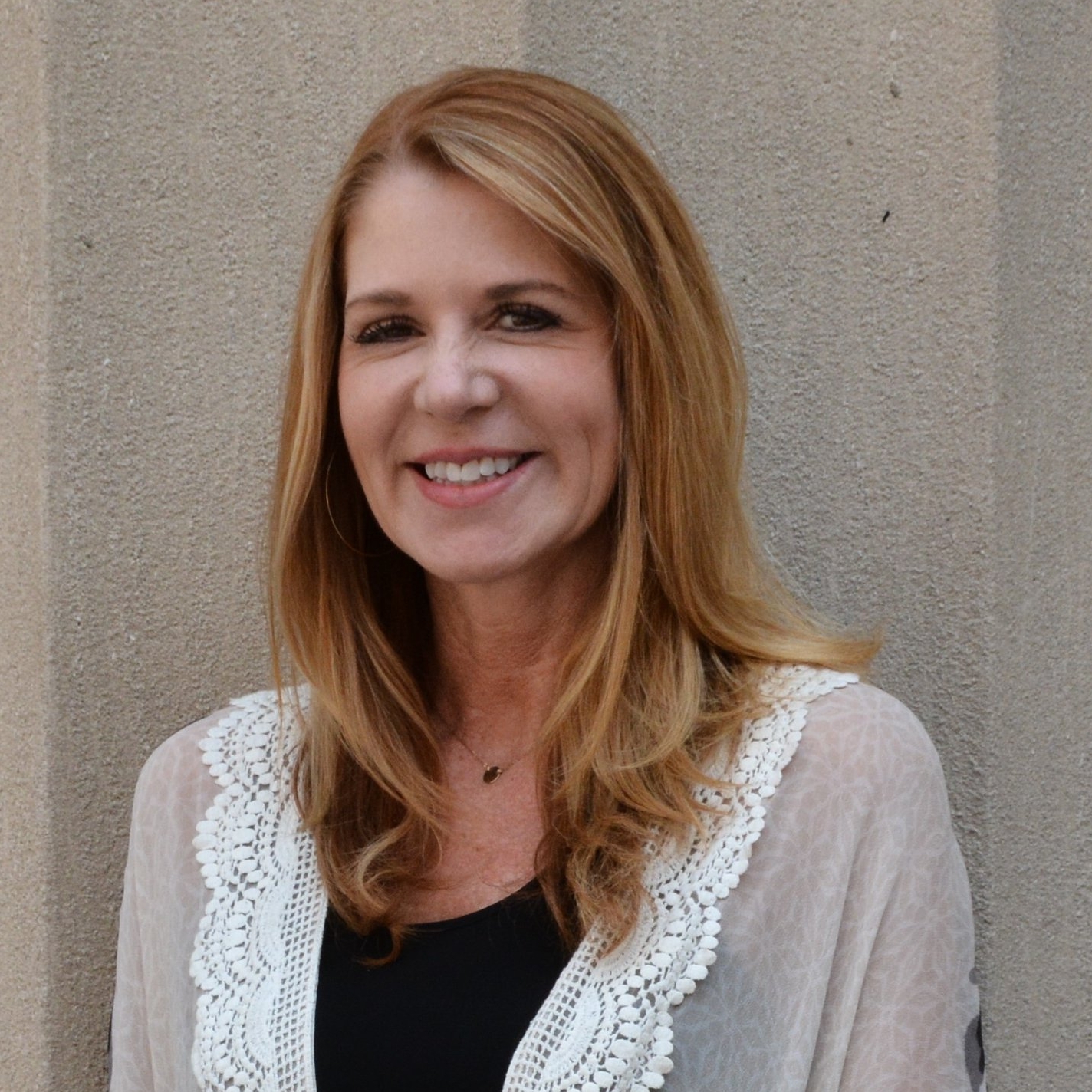A Gotham alum’s response to The Atlantic's article on workism.
Bob Dylan once sang, “It may be the devil or it may be the Lord, but you're gonna have to serve somebody.”
How prophetic those words are to us today in our workplaces.
In a culture of surplus, globalization, technological advancements and a booming gig economy, wouldn’t it be plausible to expect freedom from the captivity of productivity?
Shouldn’t this supposed freedom lead to a recapturing of peaceful shalom and mark a return to Aristotle-esque philosophical leisure?
In Derek Thompson’s latest essay for The Atlantic he outlines a phenomenon faced in the modern workforce: our newfound worship of work not simply as a means for economic advancement but as something core to a person’s identity.
Now the notion of workism, as Thompson calls it, isn’t new at all. People throughout history have been known to work themselves to the bone. Work has always had the potential to be used as a means of numbing or escaping from present realities. Our loves have always been disordered as we approach our work in a broken world.
But what’s frightening in Thompson’s essay are the ways this pervasive bowing down to work has permeated the culture-at-large.
No longer is helping others (81%) or getting married (47%) a core driver for the Millennial generation, according to a Pew Research Report. The newfound goal is having a job or career they enjoy (95%).
“Finding meaning at work,” Thompson writes, “beats family and kindness as the top ambition of today’s young people.”
Thompson helpfully points out that with declining interests in formal religions in the West we’ve seen an uptick in workers putting the identical weight of religious efforts, devotion, and belief into their work.
Work has become our God.
“The decline of traditional faith in America has coincided with an explosion of new atheisms,” Thompson writes. “Some people worship beauty, some worship political identities, and others worship their children. But everybody worships something. And workism is among the most potent of the new religions competing for congregants.”
But what is it costing us?
From a Biblical perspective, at its core work was deemed inherently good before the man’s rebellion in Genesis 3. Now, it bears the marks of enmity given Adam and Eve’s rebellion and mankind’s subsequent sinful nature (Gen. 3:15). The thistles and thorns of our work are felt each and every day (Gen. 3:18). What was intended to be an outlet for glorious image-bearing—mirroring God’s character into the world for His glory—has now become a reminder from where we have fallen and the consequences for man’s disobedience.
So as we look into the workforce, what is the antidote for our unhealthy workism?
We Were Born Sick
A recent Gallup poll revealed 87 percent of worldwide workers are not engaged in their work.
“Our jobs were never meant to shoulder the burdens of a faith,” Thompson writes, “and they are buckling under the weight.”
He’s right. The writer of the book of Ecclesiastes outlines this excellently. Bookended by the notion that our efforts to indulge in all the world has to offer will feel like “vanity” and a “striving after the wind,” the writer names existence as it is.
Compared to some notions of art or society that make an effort to prescribe a quick-fix, Ecclesiastes describes life as it is. And it’s not all pretty.
“Then I considered all that my hands had done and the toil I had expended in doing it,” Ecclesiastes 2:11 reads, “and behold, all was vanity and a striving after wind, and there was nothing to be gained under the sun.”
Commentaries note the word “considered” means to “look something right in the eye.” By seeing it as it really is—squeezing work, life, experiences for all they are worth—the writer lets us see it’s not all it’s cracked up to be.
The heart behind a generation of dreamers lost in efforts to seek ascension through the works of our hands is misplaced but comes from a place of goodness. Can you hear it?
In the efforts of using work to find our identity, it’s often masked with the notion of making the world better. There is a biblical drive in the hearts of workers, even if it’s misappropriated in application.
We want the allure and blessings of God without God himself. This is something we all face. Whether it’s independence, added responsibility, financial flexibility, or a few extra letters (VP, CFO, etc.) by our name for our own benefit, we all fall into the trap of seeking our work to serve our own ends.
Pastor Tim Keller helps us understand we fall into this pit of idolatry anytime we take a good gift from God and make it ultimate in our hearts and lives.
Our desks, Thompson writes, were never meant to serve as our altars. A collateral effect of a life filled to the brim with work is a loss of leisure.
In his book Leisure, the Basis of Culture, 20th-century German philosopher Josef Pieper made a defense for the workaholism modern-day workers find themselves in.
“Leisure,” he writes, “is not justified in making the functionary as ‘trouble-free’ in operation as possible, with minimum ‘downtime,’ but rather in keeping the functionary human … and this means that the human being does not disappear into the parceled-out world of his limited work-a-day function, but instead remains capable of taking in the world as a whole, and thereby to realize himself as a being who is oriented toward the whole of existence.”
In essence, Pieper argues we lose what it means to be human when we lose the necessity of rest.
So in our efforts to find ourselves through success, drive, and accomplishments, could it be that instead of solving our identity issues we’ve simply created more?
Cure for Workism
Without the checks and balances of leisure and rest, we’re leaving our vocations to bear weight they were never intended to carry.
Instead of crushing it, our work is crushing us. So how can we escape the spiral?
We must remember that although we were created to work, it was never intended to be core to our identity.
“One solution to this epidemic of disengagement would be to make work less awful,” Thompson writes. “But maybe the better prescription is to make work less central.”
In the opening chapters of Genesis we see Adam living in harmony and working the land (Gen. 2:15), just as God commanded him in Genesis 1:27. This even continued through Adam’s taxonomy of the animals that God graciously invited him to co-labor with him in.
This is what work, at its core, was intended to yield. Following God’s lead by creating structure out of chaos (God created the heavens and earth; Adam creates names and order for the animal kingdom), in an effort to mirror God to every corner of the creation.
This is what we were made for.
But we’ve lost sight of it. In the culture of do more, work faster, hustle harder, the antidote for our plight is complex, yet simple: we must rightly order our loves. Dorothy Sayers helps us understand this by succinctly imploring us to serve the work rather than using it to serve us.
To serve the work means separating it out from the core identity and keeping it in its proper place. Not retreating from the good gift of God, but also not letting it sap our identity as His children.
The writer of Ecclesiastes doesn’t leave us in despair. “Whatever your hand finds to do, do it with your might,” Ecclesiastes 9:10 reads, “for there is no work or thought or knowledge or wisdom in Sheol, to which you are going.”
Our work, for many, has become our ultimate source of control and identity. But that doesn’t mean we should view work as a lost cause. Instead, by seeking first the Kingdom of God, the rest is added.
As C.S. Lewis once wrote, “Aim at heaven and you will get earth thrown in. Aim at earth and you get neither.”
The cure for workism is not a striving towards securing an identity but rather resting and working out of a secured identity as a child of God.
“Come to me, all who labor and are heavy laden, and I will give you rest,” Jesus says in Matthew 11.
Instead of plugging our identity into our vocational successes, may we seek to glorify God by working out of our rest and diligently putting our hand to the plow He has placed in front of us. Only then can we utilize work as it was intended—a means of worship to our Creator.


























